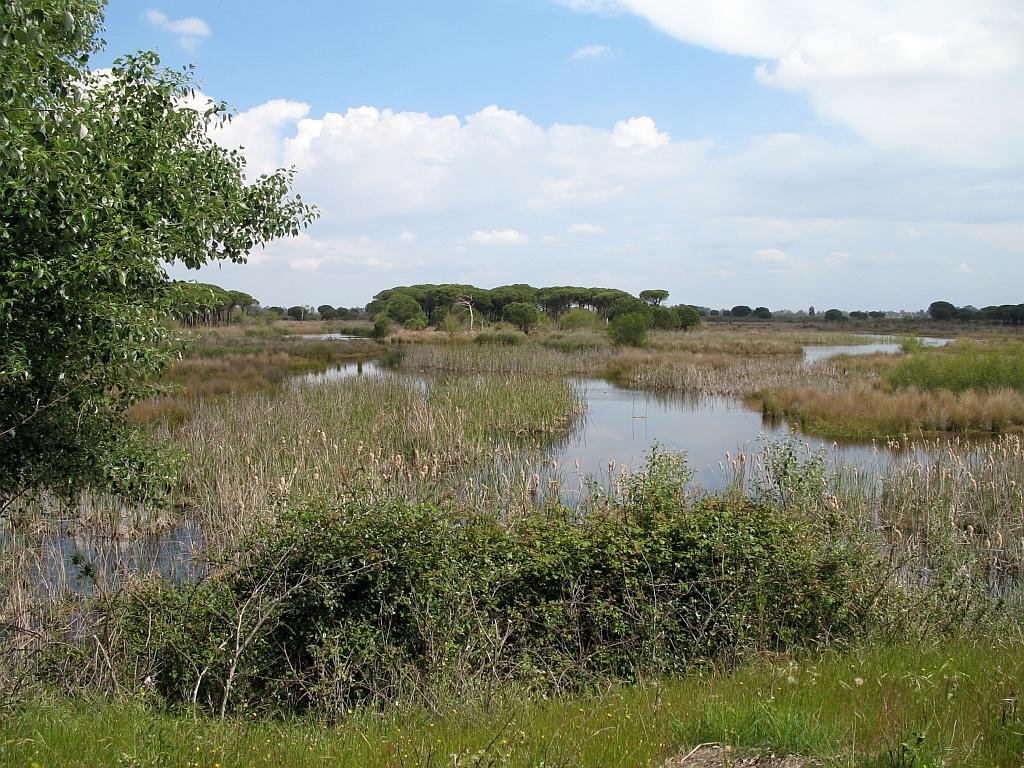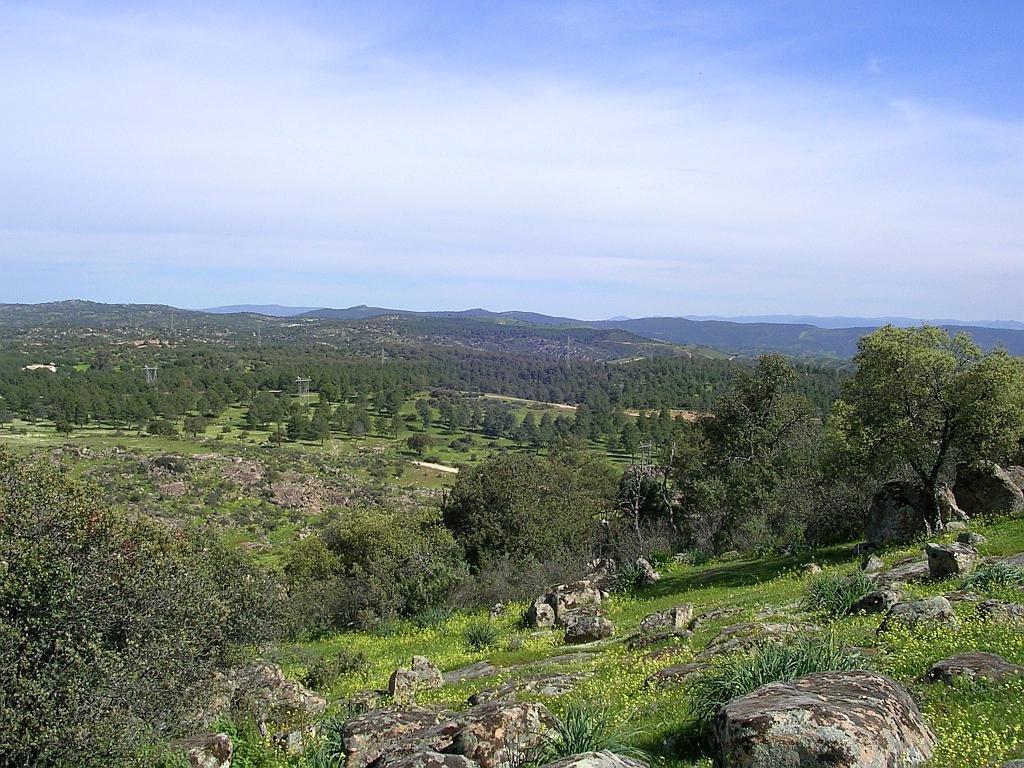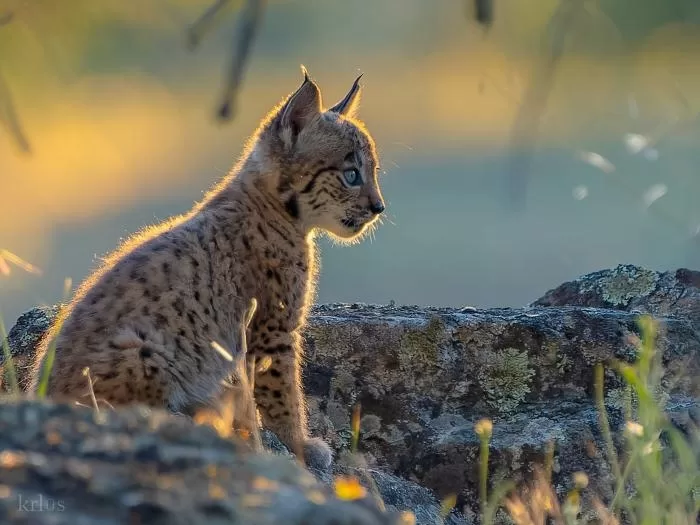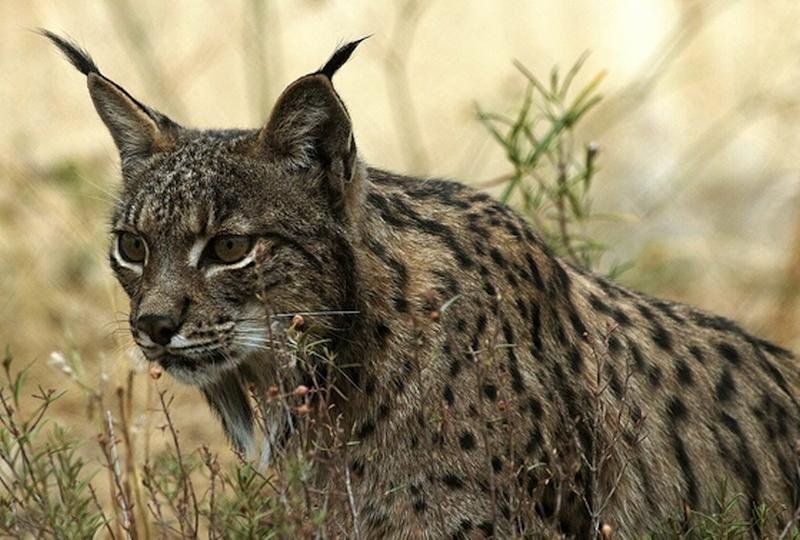Three Iberian lynx have been killed on Andalusian roads in just five days (at the end of September and the first week of October.) These incidents have once again highlighted the ongoing threat posed by vehicles, as wildlife campaigners demand more be done to protect the species. Animal rights groups call for urgent action from the Andalusian government to protect these vulnerable cats.
The Iberian lynx (Lynx pardinus) is a rare and majestic predator native to the Iberian Peninsula. Once on the brink of extinction, the species has made a remarkable recovery due to intensive conservation efforts. However, despite recent gains, these wild cats remain highly vulnerable, particularly to human-related dangers such as road traffic. Fewer than 2,500 Iberian lynxes are estimated to exist in the wild, making every death a significant blow to the species’ still fragile population.
See the 2024 Iberian lynx census here.
Details of the Incidents
The most recent lynx fatality occurred on Wednesday, 2 October, on the A-6106 road in the Jaén municipality of La Carolina. Just days earlier, on Sunday, 29 September, two more lynxes were struck by vehicles—one near the iconic Doñana National Park in Sevilla, and the other in Sierra Morena, Jaén.

These incidents bring the total number of lynx deaths on Andalusian roads to 41 since February, according to Ecologistas en Acción, a prominent environmental group. The organisation has been issuing warnings for months about the dangers posed by speeding and inadequate road signage in areas where lynx populations roam.
Calls for Government Action
“Half of the Iberian lynxes that die from being run over are killed on Andalusian roads,” said Juan Romero, spokesperson for Ecologistas en Acción. He stressed the need for stronger government intervention to prevent further deaths. The group is pushing for reduced speed limits in areas known for lynx crossings, better signage, and other protective measures.
While the Andalusian government has implemented some measures, such as a pioneering system designed to prevent collisions between animals and vehicles, activists argue that much more needs to be done.
A Glimmer of Hope?
Despite these recent tragedies, the number of lynxes killed in road accidents has actually decreased compared to last year. Between 1 January and 30 September 2023, 50 lynxes were killed on roads. During the same period in 2024, this number dropped to 34.
However, Ecologistas en Acción disputes these figures, claiming the actual death toll is likely higher.
They claim that In September alone, eight lynxes were struck and killed in the province of Jaén, and three others were reportedly killed by poachers earlier this year.
The Parks: Vital Habitats Under Threat
Doñana National Park, one of Spain’s most famous and biodiverse reserves, is home to a significant portion of the Iberian lynx population. Spanning over 540 square kilometres, Doñana is a haven for many endangered species, including the Iberian lynx. The park’s wetlands, scrublands, and forests provide an ideal habitat for these elusive cats, but the proximity of major roads has proved deadly over the years.

Similarly, the Sierra Morena is a vast mountain range covering parts of Jaén, Córdoba, and Sevilla. Known for its rugged terrain and diverse wildlife, the Sierra Morena has also become a key area for lynx conservation efforts. However, with roads crisscrossing the region, lynx fatalities remain a major concern.

Iberian Lynx Conservation: Progress and Challenges
The Iberian lynx was once listed as “Critically Endangered” by the International Union for Conservation of Nature (IUCN), with fewer than 100 individuals remaining in the early 2000s. Thanks to concerted conservation efforts, including breeding programs and habitat restoration, its status has now been been downgraded to “Vulnerable.”
Read about the Iberian Lynx here.
One of the most successful initiatives is the repopulation programme in the Lorca highlands in Murcia, where new lynxes are regularly introduced into the wild. However, conservationists stress that the battle is far from won. Road accidents and human activities continue to pose significant threats, particularly in Andalucía, where the species is concentrated.

Juan Romero of Ecologistas en Acción summed it up grimly: “In Andalucía, deaths due to infrastructure and human activity are actually on the rise.”
The plight of the Iberian lynx serves as a reminder of the fragile balance between wildlife and human development. While conservation efforts have brought the species back from the brink, the continued loss of these magnificent animals to road accidents is unacceptable. Urgent action is needed to protect lynx habitats and reduce the risk of further fatalities.
As environmental groups and the government debate the next steps, the public is also encouraged to be vigilant, especially when driving near protected areas. Every effort counts in ensuring that the Iberian lynx can continue to thrive in the wild.
Ronda Today
Everything you need to know before you visit Ronda “The city of dreams” in Andalucia. https://www.rondatoday.com/
Visit Cádiz
Planning on visiting Cádiz? Tourist information. Monuments. Hotels. Activities. City guides: https://visitingcadiz.com/
The Caminito del Rey
Find tickets for the Caminito del Rey: https://www.caminodelrey.es/
Wildside Holidays – Spain
Take a trip on the Wildside! Discover the wildlife and nature of Spain, its Natural and National Parks and find the top wildlife, activity and walking holiday companies.
Iberia Nature Forum
Struggling with identifying those bugs and beasties? Why not check out the Iberia nature Forum! https://iberianatureforum.com/
I’ve been living in this lovely area of Western Andalucia for the last 20 years or so and dedicate most of my time to the running of English language tourist information websites for the towns of Cádiz, Ronda, Grazalema, the famous or infamous Caminito del Rey, and also Wildside Holidays, which promotes sustainable and eco-friendly businesses running wildlife and walking holidays in Spain. My articles contain affiliate links that will help you reserve a hotel, bus, train or activity in the area. You don’t pay more, but by using them you do support this website. Thankyou!
